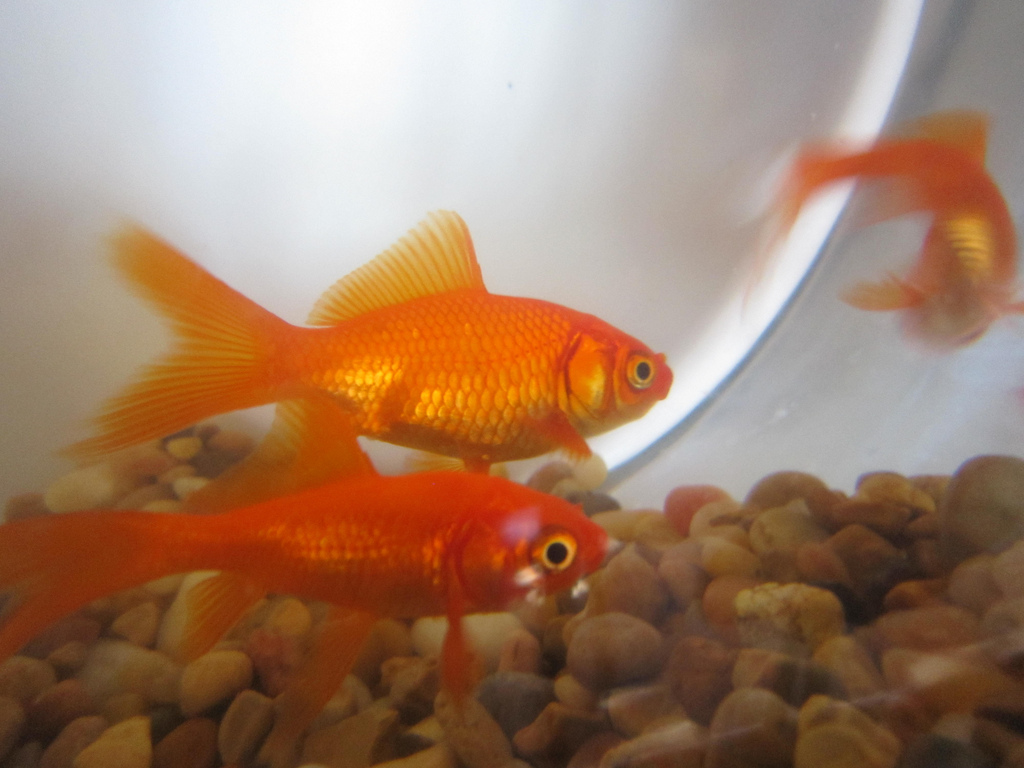Last week, I had the privilege of listening to Prof Sandro Galea, from Boston State University talking on the subject: “What do guns, obesity and opiates have in common?!” It was an amazing walk through the world of epidemiology – and the answer? Well – all three things are hugely important problems, they are all complex and therefore simple solutions cannot fix them!
Virchow, one of the earliest and most influential thinkers in the realm of Public Health famously said, “Medicine is a social science and politics is nothing else but medicine on a large scale.” Sandro Galea takes this idea and modifies this slightly, suggesting that, in fact, politics IS health on a large scale. In other words, if we don’t get health and wellbeing (of ALL people and the planet) written into every policy, then we will never tackle the huge issues of health inequality and environmental disaster.
 Sandro gave an amusing analogy about his pet goldfish. He told us that every morning, he goes downstairs and sees his lovely goldfish swimming in their goldfish bowl. He cares for them, makes sure they are well fed, doing their exercises, having time for mindfulness to build resilience and ensures their contraceptive needs are catered for. Sadly, one morning, he goes downstairs and finds all his goldfish are dead. He’d forgotten to make sure the water was clean. The fish were, in effect, swimming in a cesspit (needless to ask whether or not fish are meant for a glass bowl!).
Sandro gave an amusing analogy about his pet goldfish. He told us that every morning, he goes downstairs and sees his lovely goldfish swimming in their goldfish bowl. He cares for them, makes sure they are well fed, doing their exercises, having time for mindfulness to build resilience and ensures their contraceptive needs are catered for. Sadly, one morning, he goes downstairs and finds all his goldfish are dead. He’d forgotten to make sure the water was clean. The fish were, in effect, swimming in a cesspit (needless to ask whether or not fish are meant for a glass bowl!).
He has developed several principles when it comes to thinking about epidemiology. Principle number 5 states: “Small changes in ubiquitous causes may result in more substantial change in the health of populations than larger changes in rare causes.” His goldfish illustration shows that the goldfish are surrounded by water and everything they do is influenced by the QUALITY of the water they live in; therefore water is a ubiquitous factor in influencing the fish and needs to taken into consideration EVERY TIME we want to improve the lives of the fish. His point is this: if we don’t care for the environment and the external factors that give us life and wellbeing, then our other little interventions are futile. The problem is that we spend so much of our time making interventions that we can measure and feel successful about, like giving people statins, getting kids to run a mile a day, encouraging breast feeding, getting people through the ED in a timely manner or even giving them smart technology to nudge them towards better health outcomes, but we pay little attention to tackling the much bigger issues of poverty, poor housing, or air pollution.
The biomedical model for tackling the huge issues of population health has failed and will continue to fail. Our politics and economic model is broken! We have simply not written health and wellbeing into every aspect of our lives and have developed patterns of education and work that are actually doing more harm than good and driving health inequalities and the health of our planet in the wrong direction. Therefore, where there is evidence that policy is actually making health inequalities worse, or damaging the environment, we must challenge them with the evidence base, and plain common sense!
I do believe that communities can together make a massive difference, and increasingly I recognise just how vital policy is in helping us shape a just and fair society and in stewarding an environment, which is sustainable for the future. Policy and law can be love-fuelled and compassionate, and they need to become so, because politics IS health and we need to re-imagine it as such.